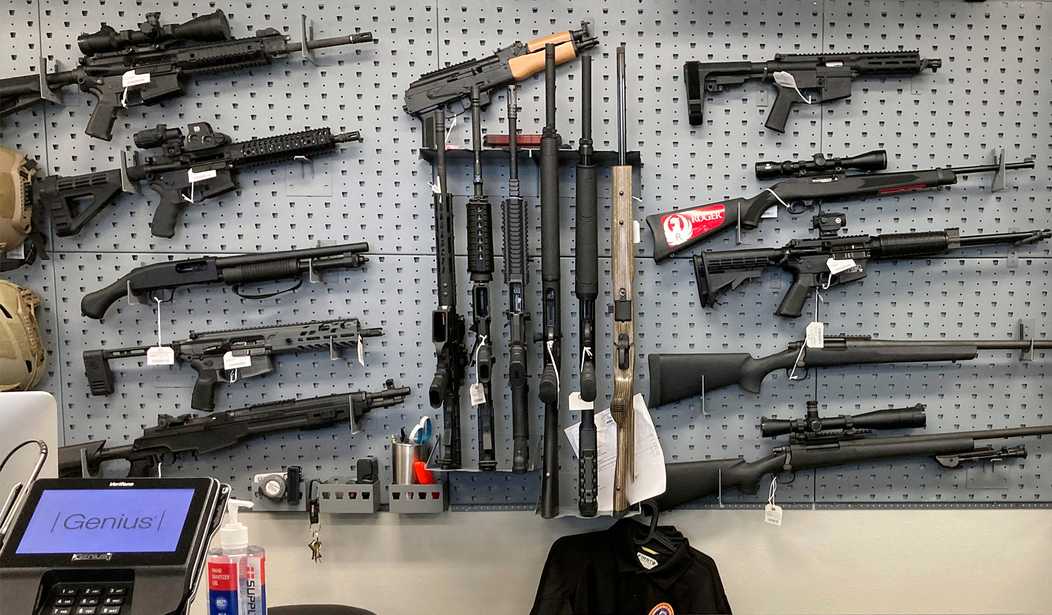Georgia Credit Union Bars Customers From Purchasing Guns With Their Own Money
Georgia United Credit Union recently updated their User Agreement — you know, that wall of text that your financial institution flashes at you from time to time and which few people bother to read. The catch: If you rely on Georgia United Credit Union for your purchasing tool, like, say, a debit card, you may no longer use that to purchase firearms, ammunition, firearms parts, or accessories, along with a host of other items.
Here are the relevant sections, under "Prohibited Payments:"
The following types of payments are prohibited through the Service, and we have the right but not the obligation to monitor for, block, cancel and/or reverse such payments:...
(5) ammunition, firearms, of firearm parts or related accessories; (6) weapons or knives regulated under applicable law;
And let's not leave this out:
(8) goods or services that are sexually oriented;
Here's the Georgia United Credit Union's CEO:
This, actually, explains a lot — the "woke" DEI crowd aren't generally fans of the Second Amendment, although given their woke CEO, it's less apparent why they are engaging in a seeming porn crackdown; the "woke" go on about guns a lot, but you don't often hear about them decrying PornHub.
But going woke hasn't worked out well for other companies, many of which are far larger, with more extensive customer bases than a local Georgia credit union.
It's easy to predict a similar outcome for the Georgia United Credit Union, which has locations scattered around Georgia, although most appear to be in the Atlanta metropolitan area. That may prove to be problematic for the credit union, as Georgians, especially outside the Atlanta area, tend to be pretty pro-Second Amendment, and this policy likely won't sit well with those people. They have, mind you, restricted a product that is not only legal but a product the ownership of which is guaranteed in the Bill of Rights.
The Georgia United Credit Union is, of course, not a governmental agency or institution; presumably (I'm not familiar with the particulars of Georgia's laws around financial institutions) they are free to allow or disallow whatever transactions their Board of Directors and/or CEO see fit. But given the nature of Georgia, particularly outside of Atlanta, this seems like a staggeringly bad decision that could have dire consequences for the credit union's bottom line.
Get woke, go broke. It's a hard lesson that many companies have learned and some, like the Bud Light people, are still absorbing. The Georgia United Credit Union appears determined to be next on that list.





Post a Comment